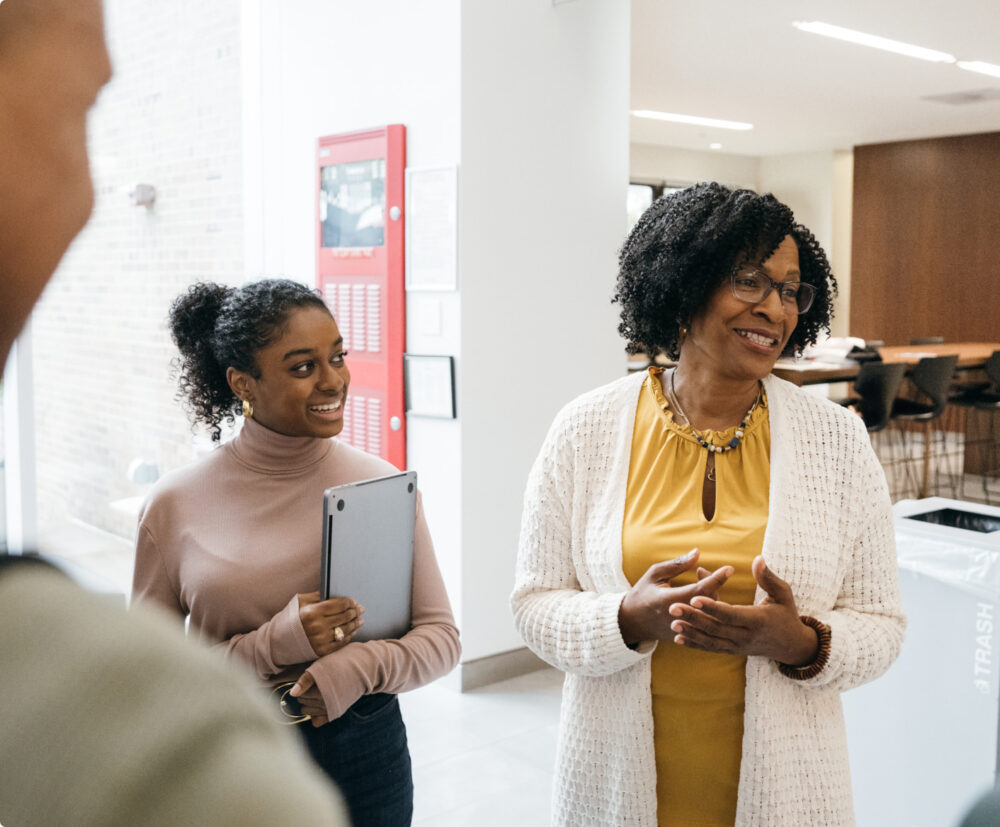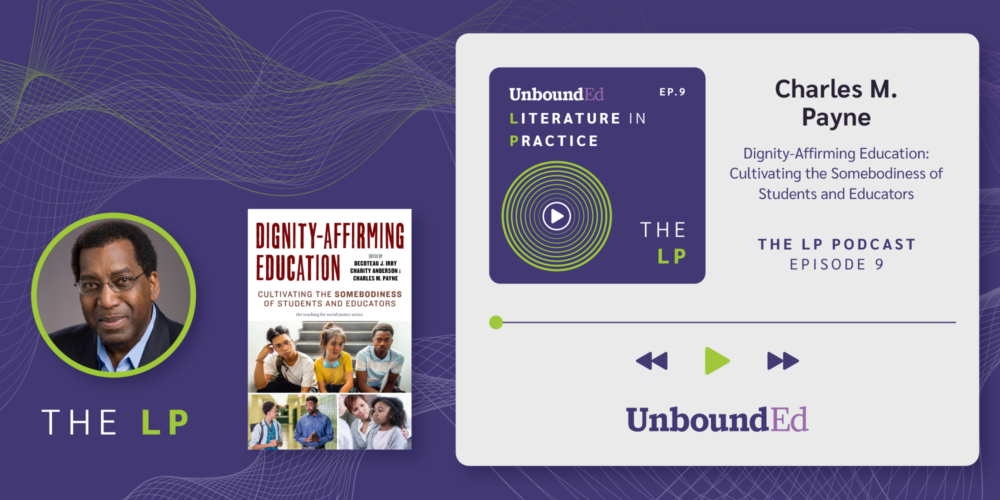
Does your image and definition of dignity align with our educational reality? This question lets us explore equity and examine the opportunities and obstacles that exist in schools, and how we can contribute to them. Research activist Charles Payne has spent decades citing dignity and indicting indignity in education, highlighting both so the people and the profession can make righteous choices about the ways we teach our kids. Join us as we discuss Dr. Payne’s co-edited and authored book Dignity Affirming Education: Cultivating the Somebodiness of Students and Educators. Together, we explore the impact of dignity-affirming programs and individuals, past and present, and their potential to shape the future of education.
Key Takeaways
- Whole child education is a powerful concept, one that if destined to be a buzzword, let it be one where those who happen to do the buzzing, work together to develop the sweet honey of freedom, pollinate equitable practices, and sting oppression.
- One of the root meanings of the word dignity is holding an “honorable estate or office.” What does our instruction say about the estate of our students? Do we say that it is an honorable one? If not, why not? We must work to avoid undignified or “unhonourable” approaches to instruction from the estate or office from which we deliver it.
- The conversation about the International Baccalaureate made me realize that one of the greatest struggles in American education is expanding, duplicating, and improving programs that work. Finding and eliminating the roots of this challenge will permit the growth of grade-level, engaging, affirming, and meaningful instruction to take place regardless of student zip code or identity. With scholar-activists like Charles Payne showing us models in the past and present, this opportunity continues to exist.
Next steps with GLEAM®
Choose the path that fits your team


UnboundEd Summits
Accelerate your instructional vision and build educators’ skills and expertise with a virtual or on-site Local Summit.
Learn More ➜

In-Service Workshops
UnboundEd’s dynamic, hands-on workshops build educator capacity by focusing on timeless, cross-disciplinary instructional moves that drive effective instruction, rigor, and student empowerment.
Learn More ➜
Online Math Academy
UnboundEd’s Online Math Academy courses enrich educators’ content knowledge and instructional practices to unlock all students’ math potential.
Learn More ➜
Curriculum Adoption
Ensuring quality materials are adopted and used effectively is crucial to improving outcomes and requires a strong instructional materials selection process. We’re here to share guidance and support on leading a rigorous and collaborative curriculum adoption process to select the right materials for your context and goals.
Learn More ➜
Curriculum Implementation
Just getting started, or need to get back on track? We work with you on a shared vision and an actionable plan for curriculum success.
Learn More ➜
Literacy ReclaimEd
Improve literacy instruction and better meet the unique needs of every student.
Learn More ➜
GLEAM® Inventory
Build your team’s understanding of grade-level, engaging, affirming, and meaningful –GLEAM®– instruction and transform how you serve all students in your district.
Learn More ➜
Speaking Engagements
Our experts offer inspiring, thought-provoking messages and conversations that will get your team thinking creatively about shifting mindsets and changing practice.
Learn More ➜
California Math Curriculum Adoption and Launch Cohort
Prepare to adopt and launch high-quality mathematics instructional materials with no-cost, grant-funded support from UnboundEd.
Learn More ➜